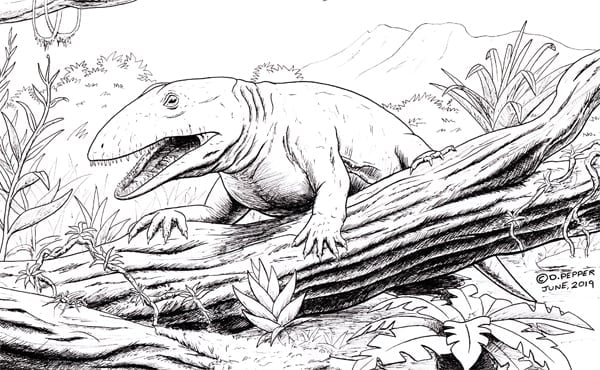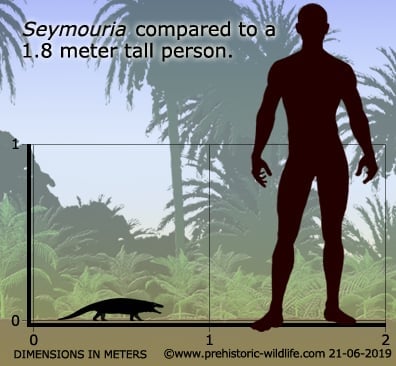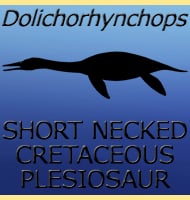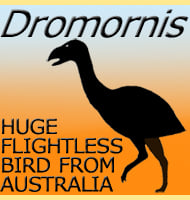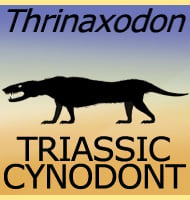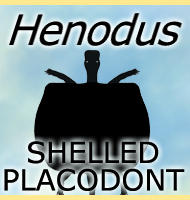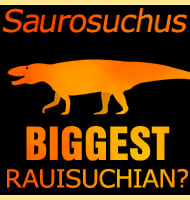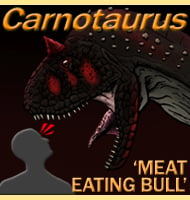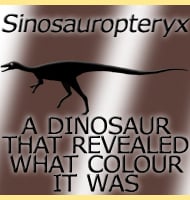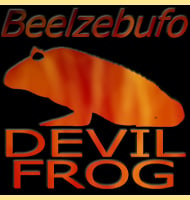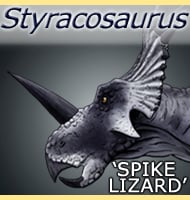In Depth
Although it had several reptilian features, Seymouria was actually an amphibian. This creature displays a strong backbone and muscle growth for movement on land, and hearing adapted for use out of water. It’s possible that its preferred form of locomotion would have been a side to side undulating motion like modern lizards, this action would increase the reach of the limbs. Despite these adaptations it has been hypothesised that Seymouria still had to return to the water for spawning. There appears to be some sexual dimorphism in that males had thicker skulls.
Further Reading
– Restoration of Seymouria baylorensis Broili, an American Cotylosaur. – The Journal of Geology. 19 (3): 232–237. – S. W. Williston – 1911. – On Seymouria, the most primitive known reptile. – Proceedings of the Zoological Society of London. 88 (3–4): 267–301 – D. M. S. Watson – 1918. – A Skeletal Model of the Primitive Reptile Seymouria, and the Phylogenetic Position of that type. – The Journal of Geology. 36 (3) – Alfred S. Romer – 1928. – Osteology of Seymouria baylorensis Broili. – Bulletin of the Museum of Comparative Zoology. 85 (5). – T. E. White – 1939. – Seymouria from the Lower Permian of Southeastern Utah, and Possible Sexual Dimorphism in That Genus. – Journal of Paleontology. 40 (3): 603–612. – Peter Paul Vaughn – 1966. – Seymouria grandis n. sp. (Batrachosauria: Amphibia) from the Middle Clear Fork (Permian) of Oklahoma and Texas. – Journal of Paleontology 53(3):720-728. – E. C. Olsen – 1979. – Seymouria sanjuanensis (Amphibia, Batrachosauria) from the Lower Permian Cutler Formation of north-central New Mexico and the occurrence of sexual dimorphism in that genus questioned. – Canadian Journal of Earth Sciences. 24 (9): 1769–1784. – David S. Berman, Robert R. Reisz & David A. Eberth – 1987. – Seymouria from the Lower Permian of Southeastern Utah, and Possible Sexual Dimorphism in That Genus. – Journal of Paleontology. 40 (3): 603–612. – Laurin Michel – 1996. – First record of Seymouria (Vertebrata: Seymouriamorpha) from Early Permian fissure fills at Richards Spur, Oklahoma. – Canadian Journal of Earth Sciences. 36 (8). – Corwin Sullivan & Robert R. Reisz – 1999. – Redescription of Seymouria sanjuanensis (Seymouriamorpha) from the Lower Permian of Germany based on complete, mature specimens with a discussion of paleoecology of the Bromacker locality assemblage. – Journal of Vertebrate Paleontology. 20 (2). – Davis S. Berman, Amy C. Henrici, Stuart S. Sumida & Thomas Martens – 2000. – New structures and reconstructions of the skull of the Seymouriamorph Seymouria sanjuanensis Vaughn. – Annals of Carnegie Museum. 74 (4): 217–225. – Jozef Klembara, David S. Berman, Amy C. Henrici, Andrej Cernansky – 2005 – First description of skull of Lower Permian Seymouria sanjuanensis (Seymouriamorpha: Seymouriidae) at an early juvenile growth stage. – Annals of Carnegie Museum. 76 (1). – Jozef Klembara, David S. Berman, Amy C. Henrici, Andrej Cernansky, Ralf Werneberg & Thomas Martens – 2007. – Postcranial anatomy and histology of Seymouria, and the terrestriality of seymouriamorphs. – PeerJ. 8: e8698. – Kayla D. Bazzana, Bryan M. Gee, Joseph J. Bevitt & Robert R. Reisz – 2020.
